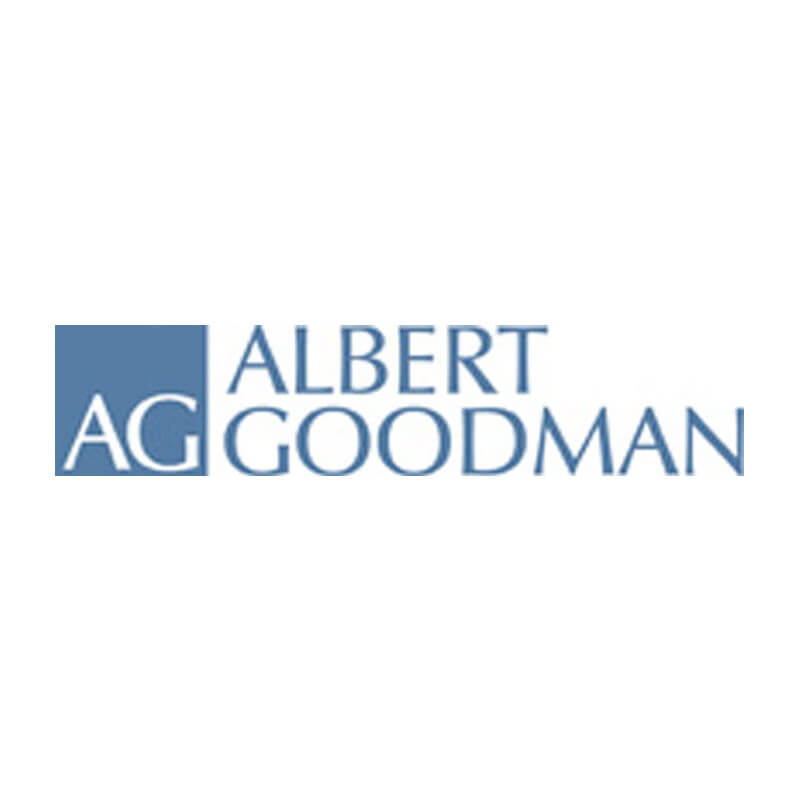
NOT THE HAPPILY EVER AFTER - HMRC REJECTED A CLAIM FOR BUSINESS PROPERTY RELIEF ON A WEDDING VENUE
Released On 31st Jan 2024
With the loss of BPS and volatility in the farming sector, Mrs Butler, like many of our own farming clients, looked to diversification as a long-term strategy. A wedding venue is an attractive form of diversification, particularly where there is also the potential to obtain Business Property Relief (BPR) for Inheritance tax (IHT) purposes.
Firstly, let’s remind ourselves of the qualifying criteria for BPR. In simple terms, BPR is available:
- On ‘Relevant business property’, which includes a business or an interest in a business, including a partnership or LLP, and shares in a ‘trading’ company.
- Where there is a minimum ownership period of two years; and
- There is not a binding contract to sell.
BPR is available at 100% or 50% depending on the ‘relevant property’ and is restricted for ‘excepted assets’ (assets not used for business purposes throughout the two years immediately prior to the transfer or death).
BPR is not available where the business consists ‘wholly or mainly of dealing in securities, stocks and shares, land or buildings or making or holding of investments’.
‘Mainly’ being interpreted as more than 50%. Please note that the Office of Tax Simplification’s (OTS) report proposed to align the BPR trading test with the current Capital Gains Tax (CGT) reliefs for holdover and business asset disposal relief (BADR), which would effectively shift the 50% test to an 80:20 trading vs investment requirement. While this has not yet come to fruition, a change in government may result in this being revisited.
The ‘wholly or mainly test’ is not an easy test to apply and, while HMRC consider the following, they also look at the business in the round:
- Income
- Capital employed
- Profits
- Time spent In
Mrs Butler’s case, the initial claim for BPR was denied. It was not disputed that the LLP was carrying on a business. The dispute concerned whether, at the date of Mrs Butler’s death, the business activities consisted ‘wholly or mainly of… holding investments’ and were therefore excluded for BPR.
The business, Tufton Warren Farm LLP, consisted of the following activities:
- Farming
- Commercial letting; and
- A wedding venue operated from a barn on the farm, called Clock Barn.
It was agreed that the commercial lettings element was investment, and that the farming element was trading. However, HMRC disputed whether the wedding barn was a trading or investment enterprise, and as such whether it was eligible for BPR.
If the wedding business was deemed to be wholly or mainly investment, then Tufton Warren Farm LLP as a whole would not qualify for BPR, with the IHT at stake being £1,671,235.
The family appealed, stating that the services and facilities provided went far beyond those expected of a property held purely as an investment and were more akin to a full conference venue.
While this may have initially been the position when the business was smaller, following the appointment of the catering business in 2013, they gradually took over the event management, including the food and drinks service. Activities were then all undertaken by the catering business with the invoices to customers by the LLP for the ‘use of the venue only’, without any additional services.
The Special Commissioner examined all aspects of the business and found that:
- At no point did Clock Barn provide amenities and services that went significantly beyond the amenities provided in a property held for investment purposes; and
- While the level of business activity was higher prior to the catering company being appointed in 2013, even so, HMRC considered the business to still be one of holding investments.
Accordingly, BPR was denied, and the appeal was dismissed.
This case is a harsh lesson and demonstrates that care needs to be taken, particularly where the business evolves or changes, to ensure that BPR will still be available and, if not, that BPR on the whole business can be safeguarded.






